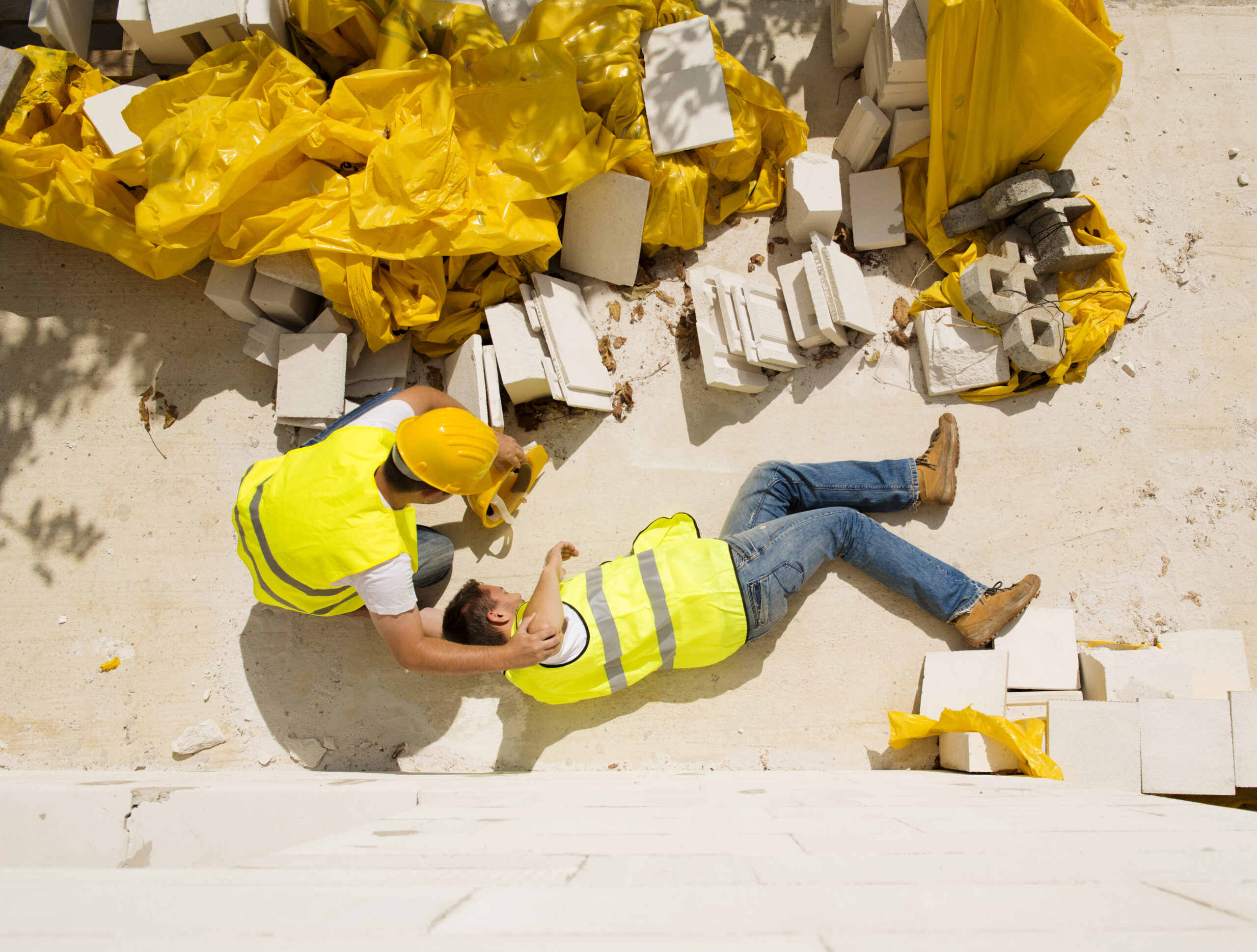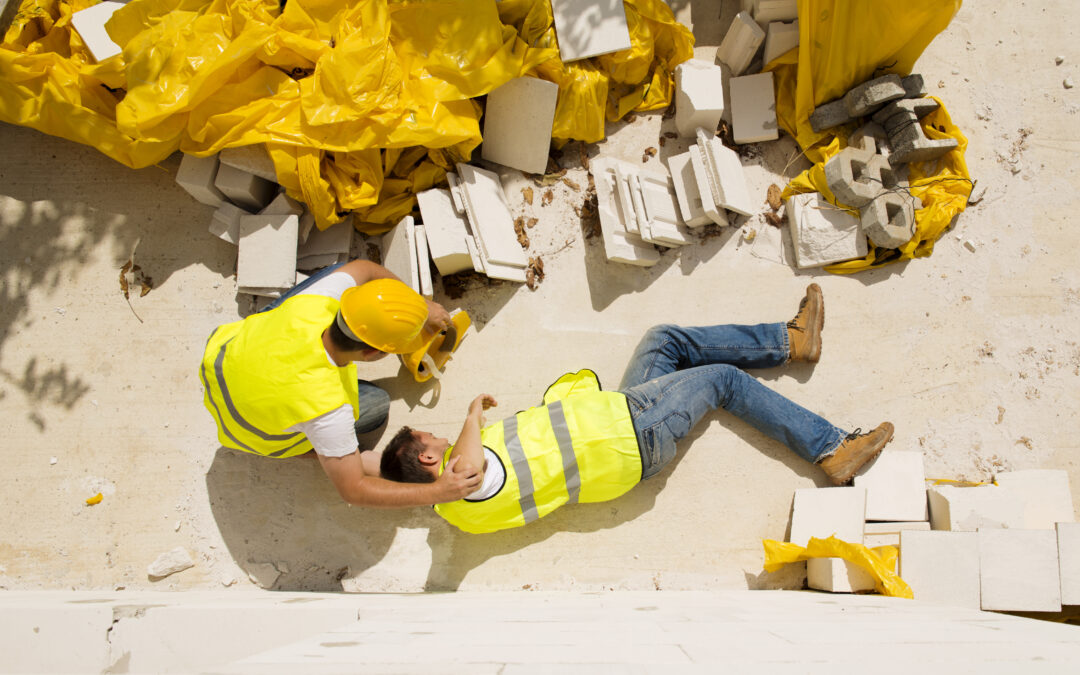In today’s unpredictable world, being prepared for emergencies can mean the difference between chaos and calm. Whether it’s a natural disaster, a medical emergency, or an unforeseen event, having a solid plan in place is crucial. Let’s explore the ultimate emergency preparedness checklist you need to ensure safety for yourself and your loved ones.

## Understanding the Importance of Emergency Preparedness
Think about it: emergencies can strike at any moment. From hurricanes and earthquakes to fires and power outages, preparation is key to minimizing risks and ensuring survival. By understanding the importance of emergency preparedness, you equip yourself with knowledge that can save lives. It’s not just about having a stash of supplies; it’s about creating a culture of readiness within your household. A proactive mindset fosters resilience and confidence when faced with unexpected challenges.
## Essential Supplies Every Household Should Have
So, what should be in your emergency kit? Start with the basics: food, water, first aid supplies, and tools. Aim for at least three days’ worth of non-perishable food items—think canned goods, energy bars, or dehydrated meals—and one gallon of water per person per day. Don’t forget essential medications! A well-stocked first aid kit should include bandages, antiseptics, pain relievers, and any prescription medications you might need.
Also consider including flashlights with extra batteries, blankets for warmth, multi-tools for various tasks, and hygiene items such as hand sanitizer and wipes. If you have specific dietary needs or allergies within your household—be sure to account for those too! An often-overlooked item is important documents; keep copies of identification cards, insurance policies, medical records—all neatly packed in a waterproof container.
## Creating a Comprehensive Emergency Plan
Having supplies is just one step; crafting a comprehensive emergency plan is equally vital. This plan should outline evacuation routes from your home as well as designated meeting points for family members if you’re separated during an event. Discuss these plans regularly so everyone knows what to do when panic sets in.
Moreover, identify local shelters or safe zones if evacuation becomes necessary. Practice drills periodically—this helps build familiarity with the procedures while alleviating anxiety when real situations arise.
Thank you for reading this post, don't forget to subscribe NOW for FREE!
## Communications: Staying Connected During a Crisis
In times of crisis, staying connected can be challenging but paramount. Establishing communication protocols ensures that every family member knows how to reach one another during emergencies. Designate an out-of-state contact who will serve as a central point of communication; this helps alleviate confusion if local lines are down.
Consider investing in battery-powered radios or walkie-talkies as they can be invaluable when mobile networks fail.
## Special Considerations for Families and Pets
When preparing for emergencies, don’t forget about your furry friends! Create an emergency plan that includes pet care; ensure you have enough food supplies and medications specifically tailored to their needs. Keep leashes or carriers readily accessible in case evacuation becomes necessary.
For families with children—engage them in discussions about safety while providing age-appropriate education on what steps they should take during different scenarios.
## Regularly Reviewing and Updating Your Preparedness Plan
Lastly—and perhaps most importantly—make it standard practice to review and update your preparedness plan at least once each year (or whenever significant changes occur). Life evolves: new family members join us while others may leave; personal circumstances change that require adjustments in our plans.
By routinely assessing your readiness level—as well as refreshing supplies—you ensure that everyone remains secure no matter what life throws your way!
In closing: being prepared isn’t just about gathering supplies; it’s about fostering resilience through knowledge-sharing within families so all stay safe come what may!






